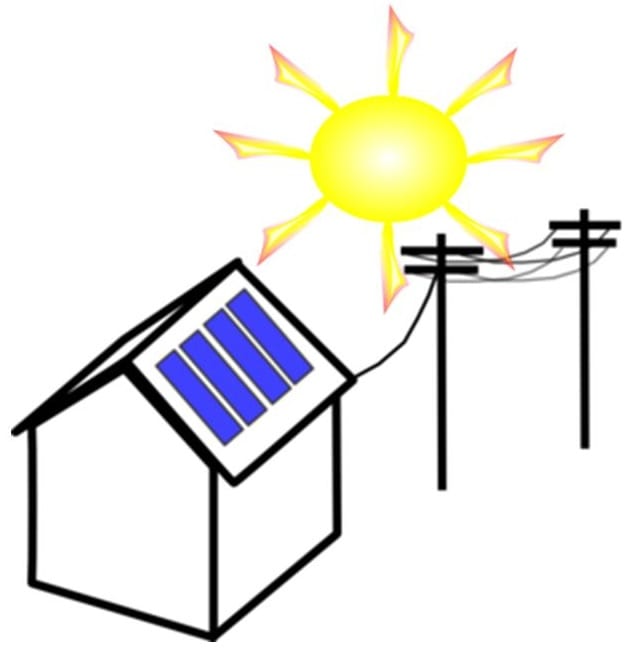Solar energy company raises more funding for financing program
October 28, 2013Solar energy continues to gain prominence among homeowners
When it comes to solar energy, adoption among consumers throughout the world can be slowed due to large upfront investment associated with most energy systems. Though the cost of clean technology and solar energy modules has been falling in recent years, many people continue to consider this form of power too expensive to justify its adoption. For these people, leasing programs may be the solution to this problem. Such programs have become quite popular in the U.S., where solar energy is experiencing strong growth among homeowners.
Company raises $540 million for leasing program
VivInt Solar, one of the largest solar energy companies in the U.S., has announced that it has raised $540 million in funding for its solar leasing program. The money will be used to fund two rounds of the company’s financing program, making solar energy more accessible to homeowners that are interested in it. The main appeal of this program is that anyone can make use of a solar energy system without having to handle the upfront costs associated with the installation and maintenance of such systems.
 Leasing program expected to be well received among homeowners
Leasing program expected to be well received among homeowners
VivInt Solar currently installs solar energy systems in California, New York, Maryland, Hawaii, New Jersey, Massachusetts, and Washington D.C. The company boasts of more than 800,000 customers in these states, which themselves are prominent solar energy markets. The company’s customer base is expected to grow as its financing program reaches more homeowners throughout the country, enticing people to take advantage of low-cost, yet high-quality solar energy systems while they are readily available.
Solar energy continues to gain momentum in the US
Solar energy has established a strong foothold in the U.S., but has not yet managed to replace fossil-fuels. The country boasts of an “all of the above” energy policy, which has the government providing financial support for a wide range of renewable energy initiatives. This policy also calls for increased support for fossil-fuel projects, however, which have slowed the country’s advance toward cleaner forms of power.

 With over 15 years of reporting hydrogen news, we are your premier source for the latest updates and insights in hydrogen and renewable energy.
With over 15 years of reporting hydrogen news, we are your premier source for the latest updates and insights in hydrogen and renewable energy.